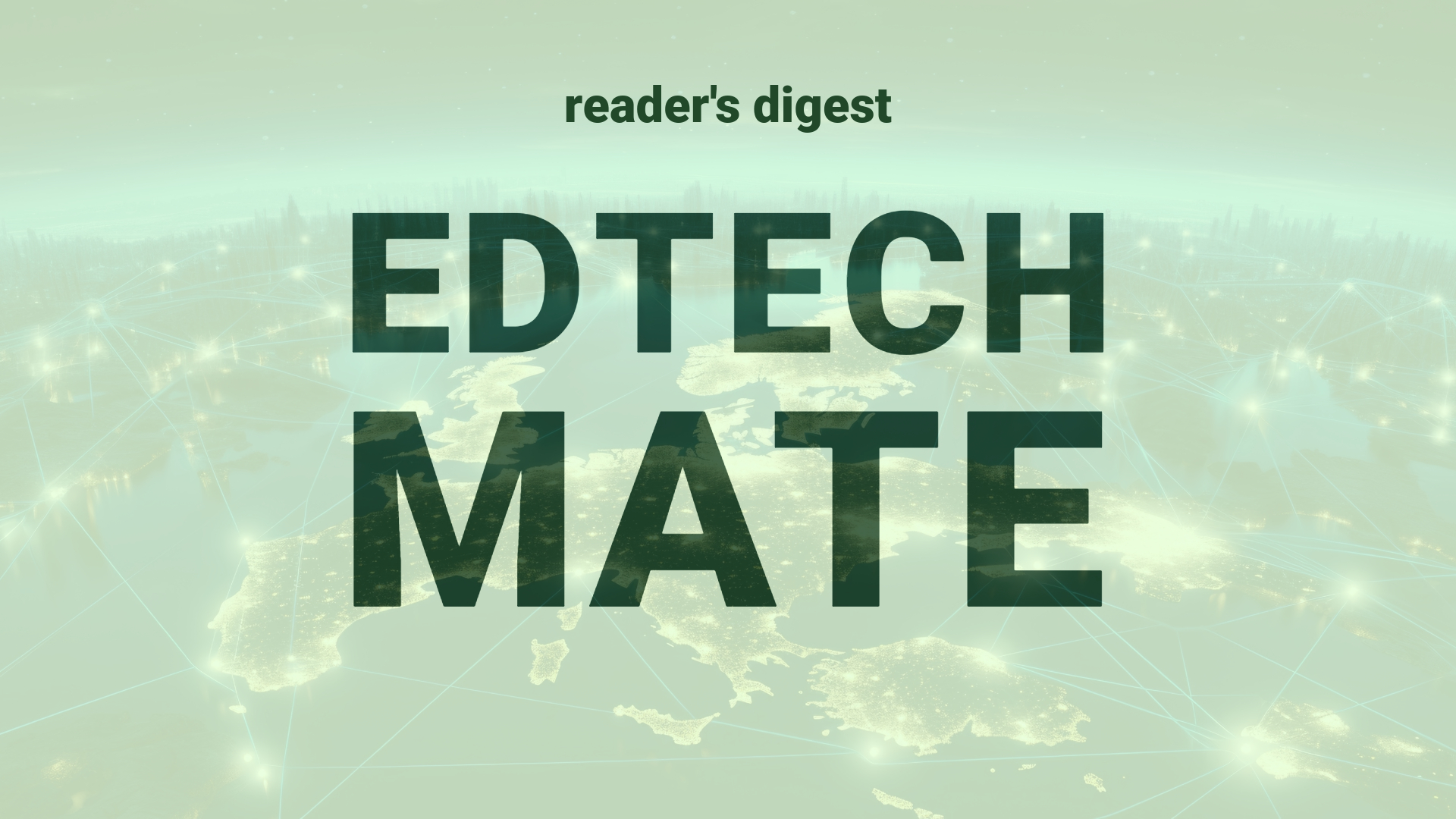Executive Summary and Main Points
In the realm of global higher education dynamics and digital transformation, a series of AI mishaps underscore the delicate balance of innovation and risk management. Advancements in Machine Learning (ML) algorithms offer the potential for competitive advantage, but not without the risk of costly errors impacting reputation, revenue, and even lives. The commitment to data literacy, tool comprehension, and alignment with organizational values stands paramount as IT leaders allocate substantial investment into ML and AI, given its strategic positioning in the IT landscape.
Potential Impact in the Education Sector
The integration of ML and AI technologies promises to revolutionize strategic partnerships and digitalization across Further Education, Higher Education, and Micro-credentials. However, the recent pitfalls signify a warning, emphasizing the need for meticulous implementation and oversight. Ethical recruitment algorithms, accurate informational services provided by chatbots, and AI-generated content could all contribute to the educational landscape if harnessed responsibly, reflecting the importance of accurate data and the adherence to non-discriminatory practices.
Potential Applicability in the Education Sector
AI’s applicability is broad, ranging from virtual assistants providing student support to AI-driven platforms that streamline administrative processes. However, as illustrated by the case studies, thorough validation of AI outputs is indispensable. Innovative applications in education must focus on augmenting human capabilities with AI, ensuring that ethical considerations and data integrity are front and center in global educational systems.
Criticism and Potential Shortfalls
AI technologies, while powerful, are not infallible. Notable examples include AI recruitment tools exhibiting age discrimination, chatbots delivering incorrect information, and algorithms failing to provide accurate medical diagnoses. These incidents demonstrate the pervasive risks of misalignment with ethical standards, cultural sensitivity, and the necessity for continuous oversight. Consequently, these challenges provoke a critical examination of the intersection between technology and societal values within international educational systems.
Actionable Recommendations
For higher education leaders, it’s vital to embrace strategies that prioritize data authenticity, and cultural and ethical compliance when deploying AI and ML tools. Recommendations include rigorous training datasets, transparent communication channels to address AI-generated outputs, strategic oversight to prevent discriminatory practices, and establishing a culture of continuous improvement as it pertains to AI in education. Stakeholders must commit to these practices to confidently navigate the convergence of AI technology and global education imperatives.
Source article: https://www.cio.com/article/2096598/10-celebri-disastri-provocati-dallintelligenza-artificiale.html

